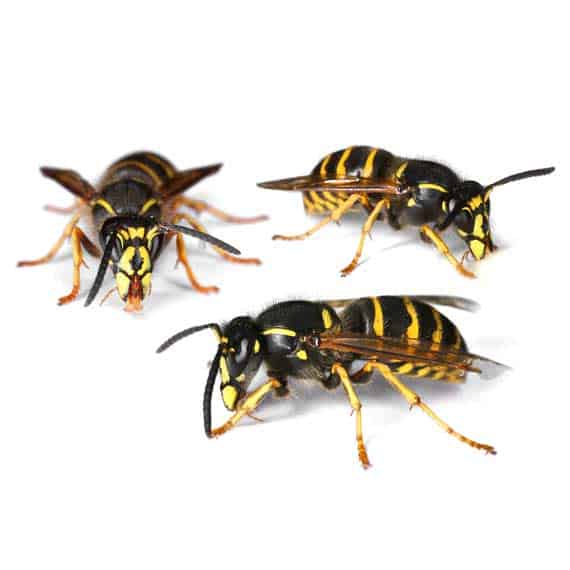Wasp stings are the worst! Bees only sting once, because their stingers stay embedded in the skin, but wasps can sting you over and over again. A lot of folks think that wasps and hornets are a different class, but hornets are actually a species of wasp, in the same way that yellowjackets are. Hornets are bigger and meaner, though, so their stings hurt even more.
Book a Call
Yellowjackets and hornets are eusocial, meaning they’re organized into complex colonies, and they really don’t like it when their nests are disturbed. Single wasp stings are painful, but multiple stings can lead to medical emergencies.

There have never been widespread efforts to eliminate wasp populations; unlike some pest species, wasps provide useful functions, like preying on other problematic insects and pollination. That means wasps will be a constant pest for Winnipeggers, so adjusting your habits is the best way of dealing with them. When on picnics, avoid drinking canned drinks, as wasps can fly into the can and sting your throat, which can be a medical emergency. Keeping picnic food in sealed containers is a good idea, only taking the food out to eat. Avoiding flowery perfumes is also helpful, as wasps may mistake people who smell like flowers for actual flowers. Wearing long clothing is another good option, but that’s not always viable during our hot summers.
The biggest potential problem with wasps occurs when you’re allergic to them; if you are, wasps can send you into anaphylactic shock, a life-threatening condition that can occur when allergies are severe. When someone in your family has wasp allergies, extreme caution should be taken. You can discourage wasps from nesting in your yard by filling in any holes in the ground where they’d be able to nest, eliminating stumps, and filling cracks and holes in the exterior of your home. Should wasps nest near your home, call Gilles Lambert Pest Control Services, and we’ll take care of the nest with no risk to you. To read more about wasps see our Wasp info page.